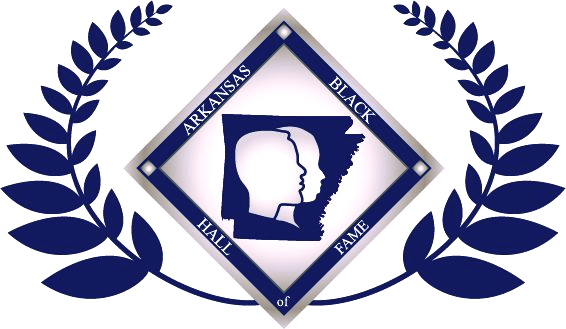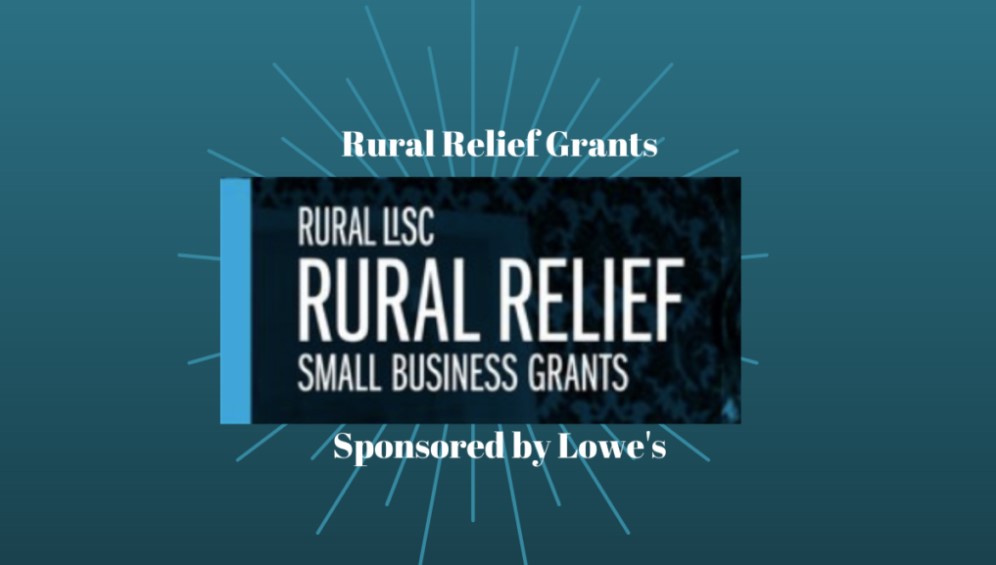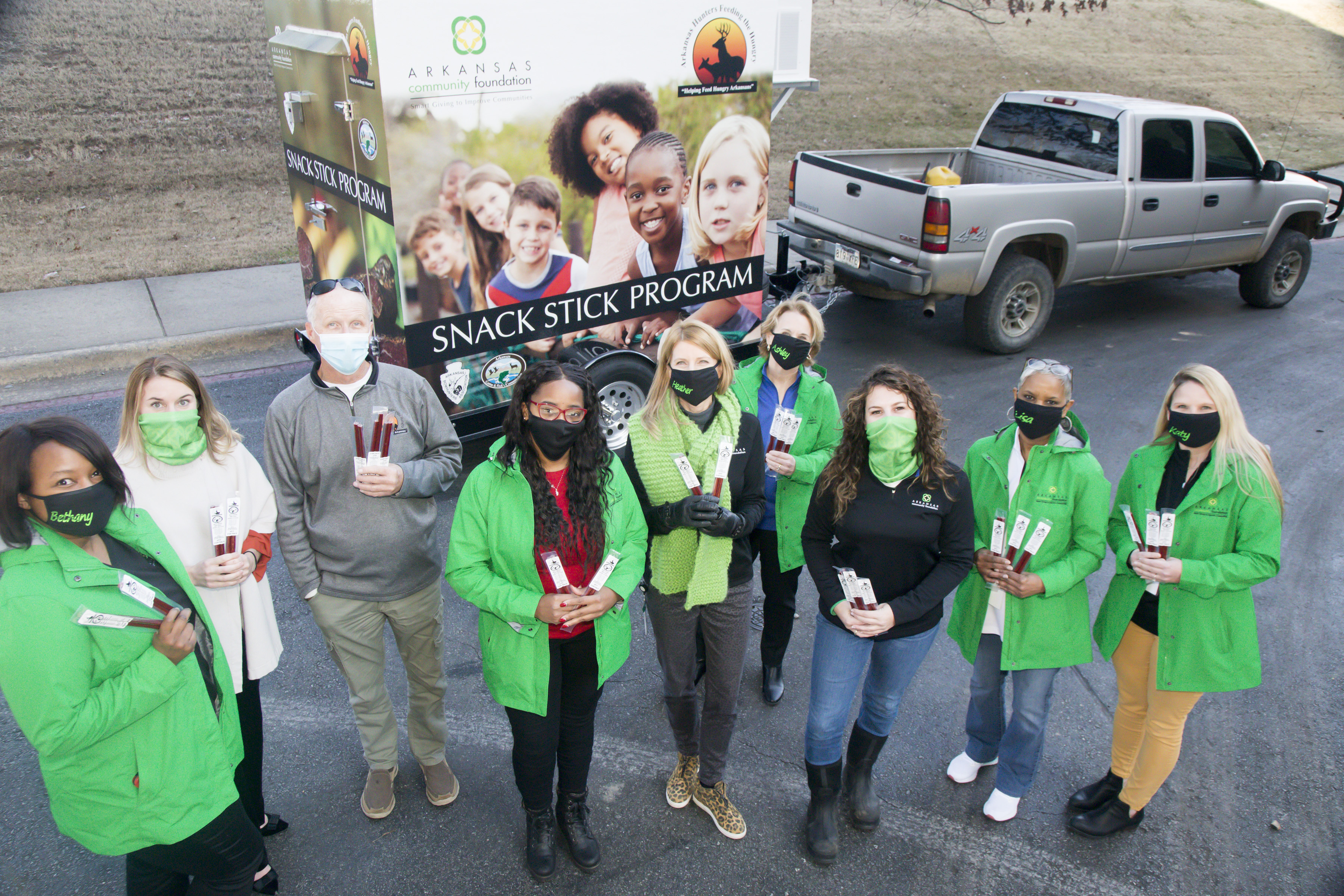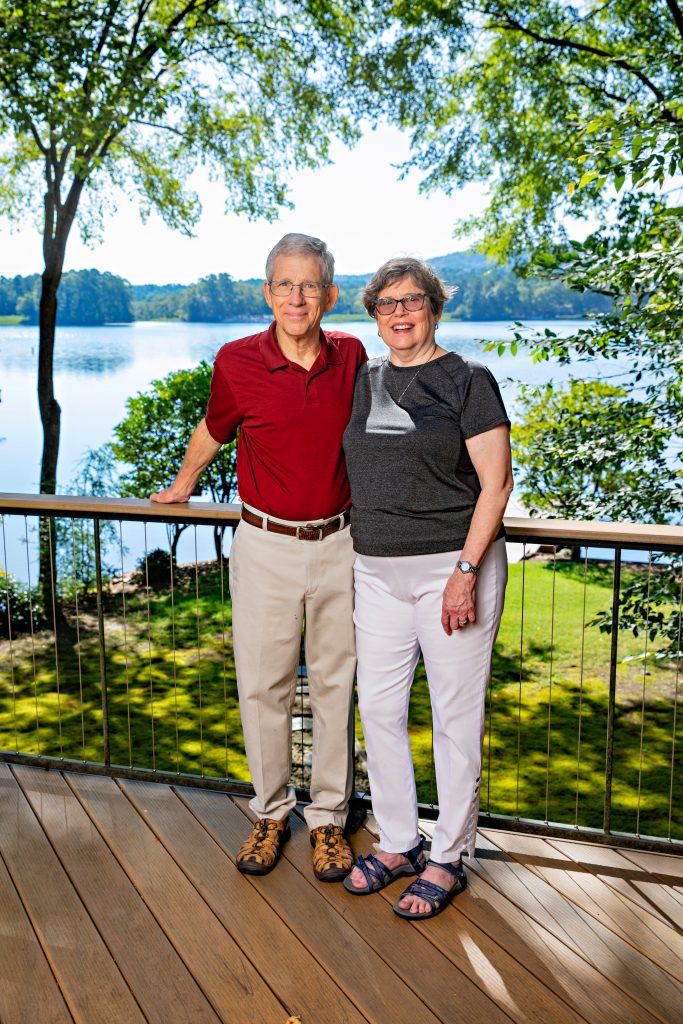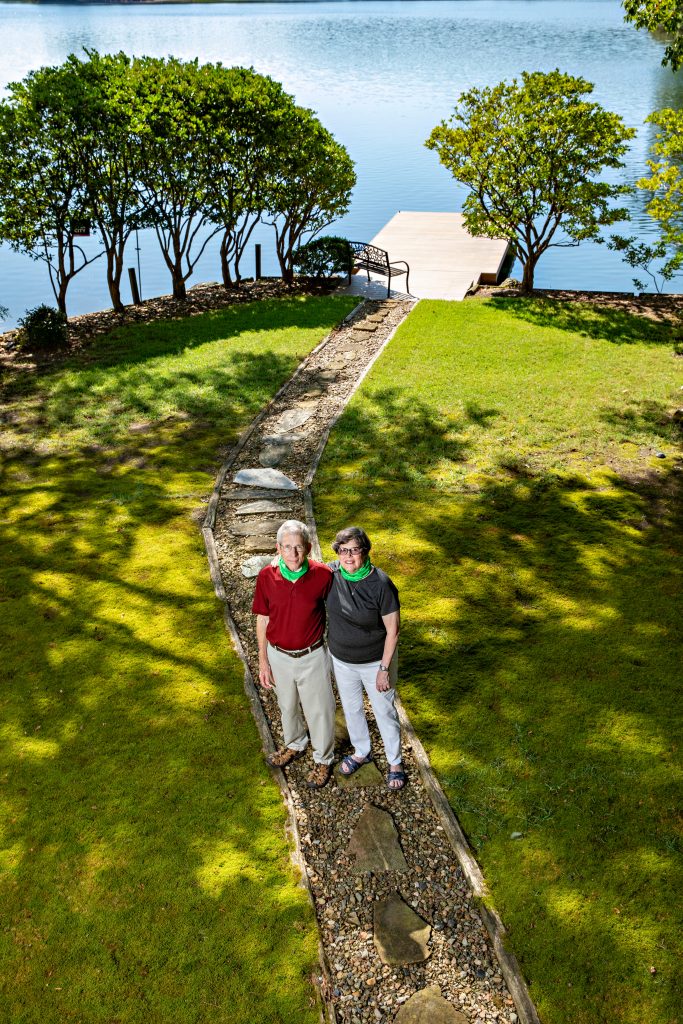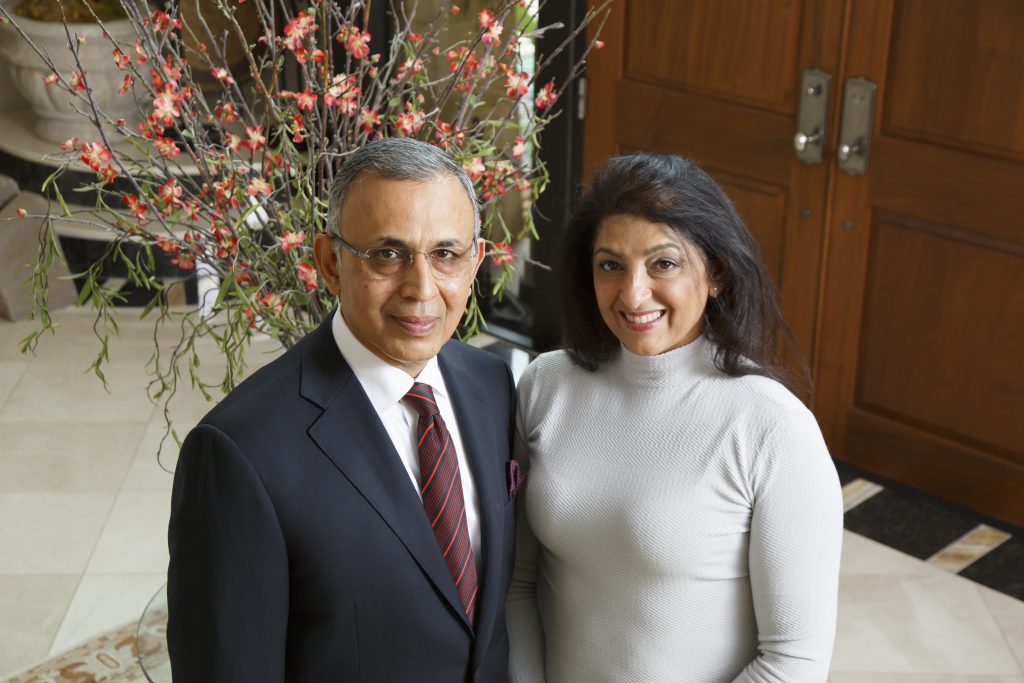Since establishing Conger Wealth Management in 2005, Cindy Conger has empowered her clients to make financial choices with confidence. She is known nationwide for fee-based financial management customized to client needs. Cindy gives sound financial advice and uses proven planning tools to achieve her clients’ goals.
Her clients stick with her because she gets to know them personally—their families, the nuances of their businesses and their reasons for giving back. Cindy is a Community Foundation superstar. Not only does she refer her clients to the Foundation for their charitable giving, but she is a fundholder giving back to local causes (and has started involving her family, too) year after year.
“There are several reasons I refer my clients to the Community Foundation. One obvious reason is for tax purposes. My experience with Donor Advised Funds is that it is one of the best ways for clients to reduce their tax liability. Donor Advised Funds are great because you don’t have to decide what you want to do with the funds now, but you get the tax benefits for that year. It’s a great way to invest. I’ve never seen that go wrong!” said Cindy.
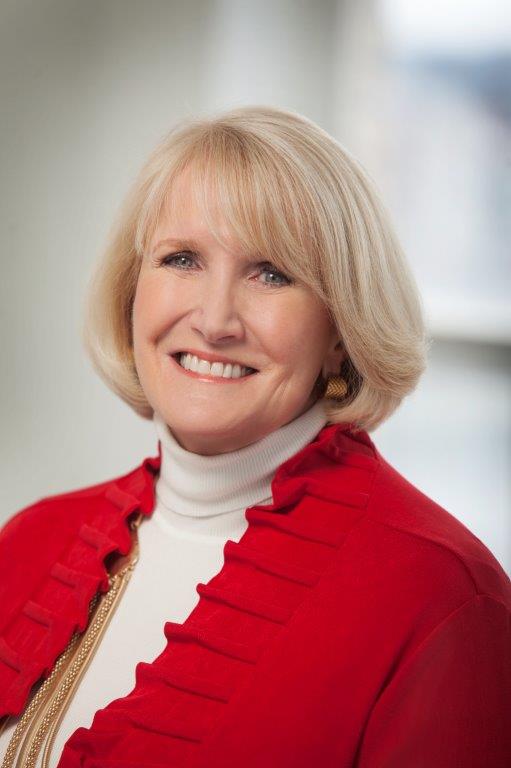
She knows. She has more than 35 years of experience helping her clients manage their money. Her advice right now? “Open a Donor Advised Fund. It will become exceedingly important over the next few years for people to understand how to leverage the benefits of charitable giving,” said Cindy. “Not to mention the personal satisfaction that you get when you are making a difference with your money.”
Cindy helps clients statewide with what she calls niche giving. “Through the Foundation, my clients have access to the full portfolio of charitable causes that the Foundation works with. So, you don’t have to open a fund or make a commitment right away; their affiliate network and broad range of charitable options gives people choices and time. For example, I have clients in Wynne who wanted to help rebuild the downtown area there. This wouldn’t have been possible without the guidance and support of the Foundation’s experienced staff and their knowledge of local causes.”
As a successful woman in a male-dominated field, Cindy is often asked to speak nationally to peer groups and conferences for professional advisors. When the topic of charitable giving comes up, she always boasts about the benefits of utilizing a community foundation to help clients achieve their charitable goals.
“You don’t get the same level of connection and service when you use a Schwab or Fidelity. The local connection that Arkansas Community Foundation has statewide is key. They know the local needs and help people dig deep in their hearts and financial portfolios to make a real difference,” said Cindy.
Personally, she is passionate about investing in education for women. At 28-years-old, Cindy went back to school and earned a degree in accounting. “My education changed the trajectory of my life. I want more women to have the opportunities that I did,” she said.
“Because of that, one of my favorite organizations to support is the Women’s Foundation of Arkansas. They were my first big donation. They have programs that help bring education to women. For me, education was key to my success. I was able to build and sell my business and I want more women to know what that feels like, and to know the joy of making a transformational gift. Because of tools that the Community Foundation provides, I can give to them now, and will give to them long after my death. That brings me great satisfaction and pride.”







